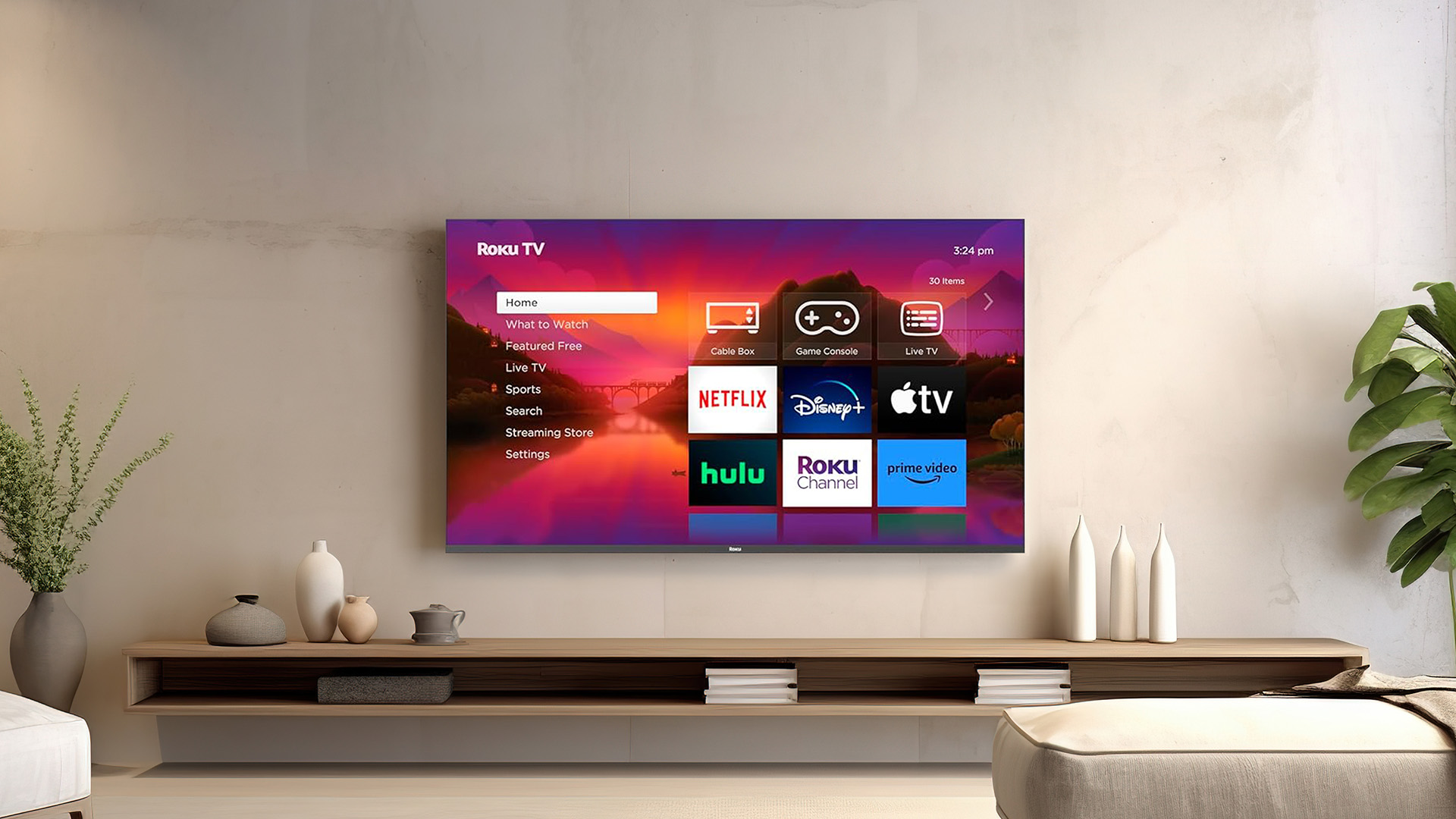
A patent filed by Roku details a "customised ad instertion" technology it is working on.
This will potentially play adverts on Roku TVs when content on an external source is paused – including console video games.
Roku is looking into ways to capitalise on the moments when gamers pause the action on their consoles, or if a DVD or 4K Ultra HD Blu-ray has been temporarily halted.
It could show adverts on its own Roku TV sets when it detects that an external HDMI source has been paused.
A patent has been filed that details the technology, which could be so advanced that it even detects the type of game or content played at the time, to then deliver targeted advertising to the user.
For example, if you pause Microsoft Flight Simulator, you may be treated to holiday adverts from airlines.
That's just our own speculation, but the patent discovered by Lowpass (via VGC) explains how "customised ad insertion" could work on the Roku platform.
"When the media device pauses the media content, the display device can determine that a pause event has occurred and insert an ad shown on the display device," it reads.
"Further, some embodiments include determining the context and/or content of the media content that is paused, and determining an ad that is customised to the determined context and/or content to be displayed on the display device."
This will seemingly only affect TVs running the Roku operating system and likely Roku's own-branded sets only as it requires unrestricted access to HDMI input signals. But, it'll likely concern gamers most considering they could be served ads simply for taking a break during play.
That being said, one upside is that the adverts would act as a screensaver of sorts. If the technology was utilised on the Sharp Roku OLED TV, for instance, it could prevent burn-in through long pauses in gameplay.
Of course, most OLED TVs have screensavers that detect paused content anyway, but it would be a double layer of protection.
The other thing to consider is that many patents are filed every day and only a handful ever come to fruition, so Roku may never bring this technology to market. But, it wouldn't surprise us if we didn't see it pop up in a future software patch.







